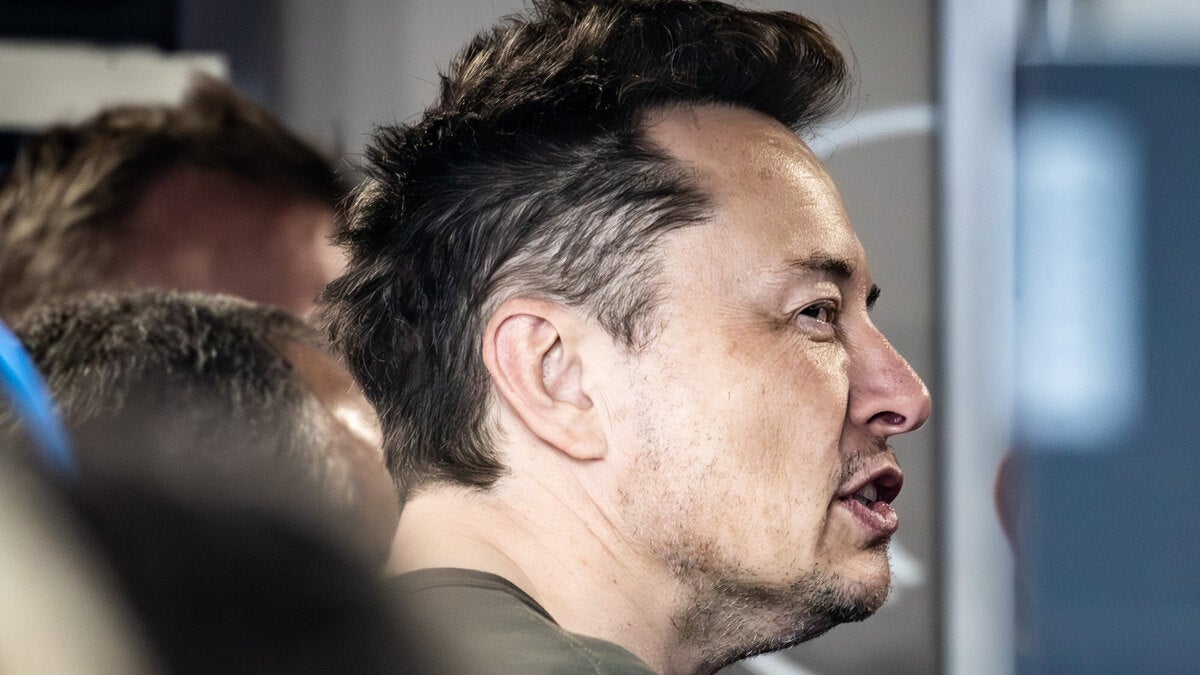Elon Musk’s desire to take over OpenAI and merge it with Tesla is the focal point of the dispute between the controversial Tesla founder and the AI startup he helped establish, which is now being funded by Microsoft.
OpenAI argued in a blog post co-authored by CEO Sam Altman and other key members of the company’s leadership team that Musk’s lawsuit against Altman and the company is based on claims of breach of its founding mission.
OpenAI will move to dismiss the lawsuit, which alleged the company is no longer working “to develop artificial general intelligence (AGI) for the benefit of humanity…, according to the suit. Instead, Open AI is working “to personally benefit the individual defendants and the largest technology company in the world.”
Neither Musk nor OpenAI have revealed whether there is a documented and binding contract stating an agreement to serve that mission. OpenAI maintains the company has not veered off course and aims “to ensure AGI benefits all of humanity, which means both building safe and beneficial AGI and helping create broadly distributed benefits,” according to the post.
Control issues
The ultimate reason for the impasse with Musk came when he wanted the company to become a for-profit entity with him at the helm, OpenAi said. While its founders originally thought OpenAI might be a non-profit, they realized it must be a for-profit to gain access to the billions of dollars needed to reach its AI goals.
That’s where Musk began to exhibit control issues. “Elon wanted majority equity, initial board control, and to be CEO,” according to OpenAI. “We couldn’t agree to terms on a for-profit with Elon because we felt it was against the mission for any individual to have absolute control over OpenAI.”
Musk then suggested merging OpenAI into Tesla, another idea at which OpenAI’s founders balked. Eventually, Musk left, saying on his way out the door that the company’s probably of success “was zero,” and vowing to build a competitor within Telsa, which he has since done with xAI.
‘Open’ but not open
Some of the revelations in the post — including emails exchanged between Musk and OpenAI leaders with some content redacted — appear to reflect Musk’s disapproval of the company’s alignment with Microsoft. To him, OpenAI lost its more universally beneficial charter and became “a closed-source de facto subsidiary of the largest technology company in the world.”
OpenAI execs rebutted the claim, asserting there was never a plan for the company to open-source its AI completely and that it remains true to its mission to make AI available for all. “Elon understood the mission did not imply open-sourcing AGI,” OpenAI said.
They painted a portrait of Musk as a disappointed leader who walked out when things didn’t go his way and is now rattled OpenAI has found success with Microsoft’s…
2024-03-07 11:00:03
Source from www.computerworld.com



















